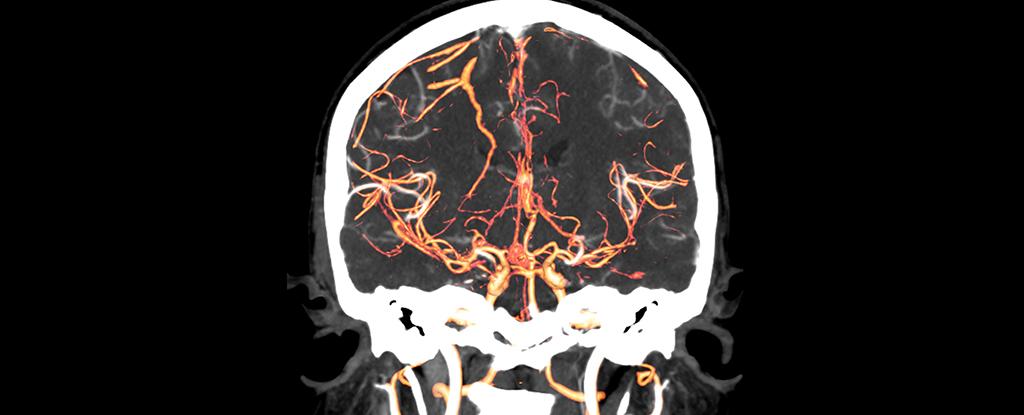Scientists think they may have found locations in the brain where schizophrenia first emerges, potentially making the neurological disorder’s onset easier to diagnose from a standard MRI brain scan.
Using a novel analytical process known as ‘epicenter mapping’, an international team of researchers looked for similarities and differences among the brain scans of 1,124 people with schizophrenia and 1,046 healthy controls.
While the data indicated schizophrenia can originate in a variety of areas, abnormalities in two brain structures with established links to language and emotional processing stood out as significant; Broca’s area and the frontoinsular cortex.
“This tells us that everyone suffering from this condition has a unique starting point that may explain the differences in symptoms,” says psychiatrist Lena Palaniyappan from McGill University.
“But there is a common process that results in more diffuse, though subtle, changes in brain structure.”
Part of the problem in treating schizophrenia effectively is that it presents differently in different people. While there are therapies for the disorder that can have a positive effect, it can be tricky to know which patients are going to benefit from them. The researchers say epicenter mapping could be used to help identify individuals who will benefit from treatments focused specifically on language and communication.
If medical specialists can glean more information about a diagnosis from brain scans that are relatively quick and inexpensive to carry out, then there’s the potential to tailor treatments more precisely, and make a difference to more lives.
“This insight provides an important clue to the age-old question of whether schizophrenia is one illness or many illnesses,” says Palaniyappan.
Characterized by imparied thinking and perception that distort reality, schizophrenia affects roughly one in every 300 individuals worldwide. Yet the precise causes and processes involved are varied, making it hard to predict who is more at risk.
Studies have uncovered interesting findings, such as a link between cat ownership and schizophrenia risk (possibly due to a parasite that can infect felines), and signs that associated brain problems can start in utero.
As with most disorders like this, knowing more about how it gets started and progresses can inform efforts to find ways to manage and even cure it – and the team behind this new research is hoping that’s one of the ways it proves useful.
“By using techniques like epicenter mapping, we can identify which parts of the brain are most affected, even before noticeable symptoms appear,” says computer scientist Jianfeng Feng from Fudan University in China.
“This information can then help us to identify patients who are likely to do better with specific treatments.”
The research has been published in Science Advances.





